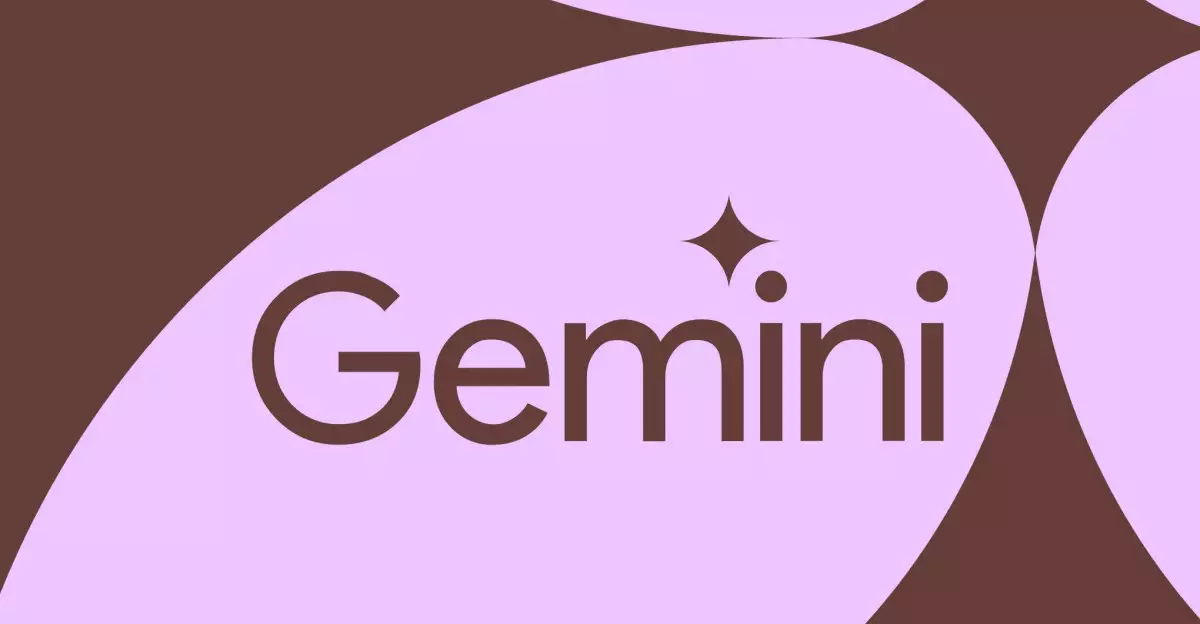Google’s recent upgrades demonstrate a decisive move towards democratizing AI-powered search and content generation. The addition of five new languages—Hindi, Indonesian, Japanese, Korean, and Brazilian Portuguese—transcends linguistic barriers that have historically limited access to advanced AI tools. This expansion signifies more than just a technical feat; it reflects a strategic commitment to inclusivity. By enabling users across continents to query complex questions in their native languages, Google not only enhances user experience but also leverages the rich diversity of global knowledge bases.
This multilingual push aligns with an overarching vision: AI should serve everyone, regardless of their language or locale. However, by integrating these languages into Search’s AI mode, Google confronts the persistent challenge of quality and nuance. Languages like Hindi or Korean carry cultural and contextual subtleties that are difficult for AI to fully comprehend. The success of this initiative hinges on Google’s ability to refine its models to truly understand and deliver relevant responses in a culturally sensitive manner. If executed well, this can significantly boost digital inclusivity, empowering millions to access information and participate in the digital economy with ease.
Transforming Creativity and Research with Versatile Document AI
The evolution of NotebookLM exemplifies Google’s recognition of AI’s potential to revolutionize how we process and generate knowledge. The software’s capability to craft reports—whether blog posts, study guides, or quizzes—marks a shift from static search results to dynamic, interactive content tailored to individual needs. The recent update, enabling reports in over 80 languages with customizable tones and styles, signals an acknowledgment that user preferences are highly diverse and context-dependent.
Imagine a student in Brazil requesting a study guide in Portuguese, styled as a casual blog, or a researcher in Seoul seeking a formal briefing in Korean. This level of personalization reflects a profound understanding of the nuances in communication. By allowing users to shape the tone, structure, and format of generated content, Google positions itself as a tool that truly adapts to human inclination rather than forcing users into predefined molds. This approach elevates AI from a mere assistant to a collaborative partner capable of supporting different learning, working, and creative styles.
Audio Capabilities and Real-World Applications: Moving Beyond Text
Perhaps the most significant enhancement is the support for audio files within the Gemini app—a feature driven directly by user demand. The capacity to process voice recordings, up to three hours for premium users, transforms the AI from a text-centric tool into a versatile assistant capable of handling real-world scenarios like interviews, lectures, and meetings.
This shift signifies more than a technical improvement; it demonstrates Google’s understanding of current communication trends. Voice is increasingly becoming the preferred mode of digital interaction, especially for busy users who want quick, hands-free access to information. By supporting various file formats, including ZIP, Google acknowledges the complexity of real-world data, making it easier for users to extract insights from multimedia files. This feature could propel AI into sectors such as education, journalism, and enterprise, where nuanced audio analysis becomes an invaluable asset.
Innovative Features Signal a Future of Limitless Possibilities
Google’s rapid introduction of features suggests an aggressive strategy to redefine what AI can accomplish in daily life. The ability to generate customized reports in multiple formats and languages, coupled with comprehensive audio processing, positions Google as a leader in adaptive and inclusive AI tools. It’s not just about technological progress but about enabling meaningful engagement with information — whether in the form of a quick quiz, an elaborate research paper, or a conversational summary.
However, such rapid development also raises questions about quality control, ethical use, and dependency. As AI tools become more sophisticated and personalized, there exists a risk of misinformation or over-reliance on automated content. Google’s challenge will be balancing innovation with responsibility, ensuring that these tools truly serve users’ best interests without compromising accuracy or privacy.
In essence, Google’s recent updates reflect a bold vision: an AI ecosystem that is multilingual, adaptable, and deeply integrated into our everyday cognitive tasks. Whether or not these features achieve their full potential, they undeniably pave the way for a future where AI is more inclusive, intuitive, and powerful than ever before.

